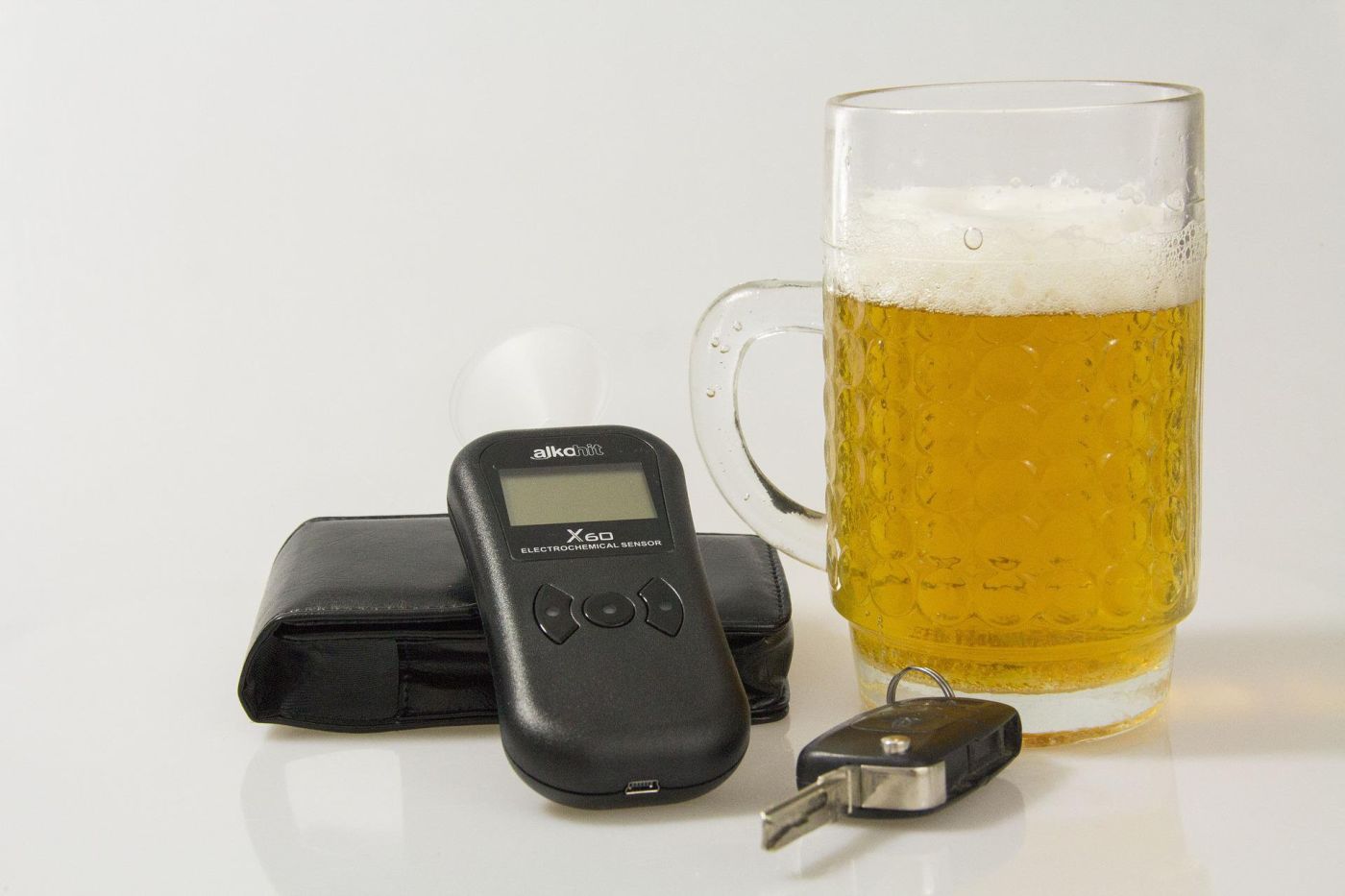
YOU REFUSED A BLOOD OR BREATH TEST: WHAT NOW?
If you are pulled over and suspected of a DUI in Colorado, you are legally obligated to submit to a blood or breath test that will evaluate how much alcohol is in your system. If you refuse to submit to either of those options during the time of your arrest, there will be several major consequences. Read on for more details and our advice on the topic.
1. Driver’s License Revocation
Refusal of a blood or breathalyzer test will result in an automatic 12-month revocation of your license. After you refuse, you will receive an Express Consent Affidavit and Notice of Revocation. You will have seven days to request a hearing. You must request the hearing or lose any opportunity to fight the revocation with the DMV. In many cases, the DMV will consider reinstating your license after sixty days with some additional conditions. Having a lawyer represent you in this hearing is vital. Depending on the circumstances of your case, the right attorney may be able to assist you in retaining your driving privileges.
2. Persistent Drunk Driver Designation
When you refuse a chemical blood or breath test, you automatically become designated a Persistent Drunk Driver. The name suggests that you would need to drive drunk several times before attaining this designation. However, since there is a possibility you would have tested over 15% for Blood Alcohol content, your refusal effectively rules you into a category of drunk drivers that are punished more harshly.
3. Interlock Device Installation
If you are successful in reinstating your driver’s license, you will be required to install an interlock ignition device in your vehicle to be used for a period of two years. This device will test your breath for alcohol and, if detected, will prevent your car from starting. The providers of these devices charge a monthly fee and, depending on the company, a device installation charge. The interlock device sends all data to the DMV, including when the device has detected alcohol on your breath. All of this information will affect whether you will be approved for reinstatement of your driving privileges. If the device prevents you from driving three times in 12 months due to alcohol detection, you may face more time on your suspension.
4. SR-22 Additional Auto Insurance
In addition to losing your driving privileges, you will be required to acquire SR-22 insurance. This is an add-on certificate to your auto insurance that protects high risk drivers, which is what they deem you after having been charged with a DUI. The SR-22 will cause your insurance rates to increase significantly.
5. Alcohol Education Courses
Even if you are not guilty of DUI, if you refuse a chemical breath or blood test, you will have to sign up for Level II DUI classes. These programs consist of 24 hours of DUI education in a group setting over the course of 12 weeks. While these classes can be beneficial for those that have a history of abusing alcohol and need insight into how to manage their addictions, they can be time consuming and often expensive.
The consequences of refusing a breath or blood test are significant, even for a first time offense. However, if you had a valid reason for refusing or you simply were not intoxicated, you may be able to fight these charges. The right lawyer can determine whether there were mitigating circumstances, such as illness or police misconduct that could have contributed to your refusal. Our lawyers will analyze all the details of your case and find the best strategy to skillfully defend you in court. If you have been charged with a DUI, call us. We can help.